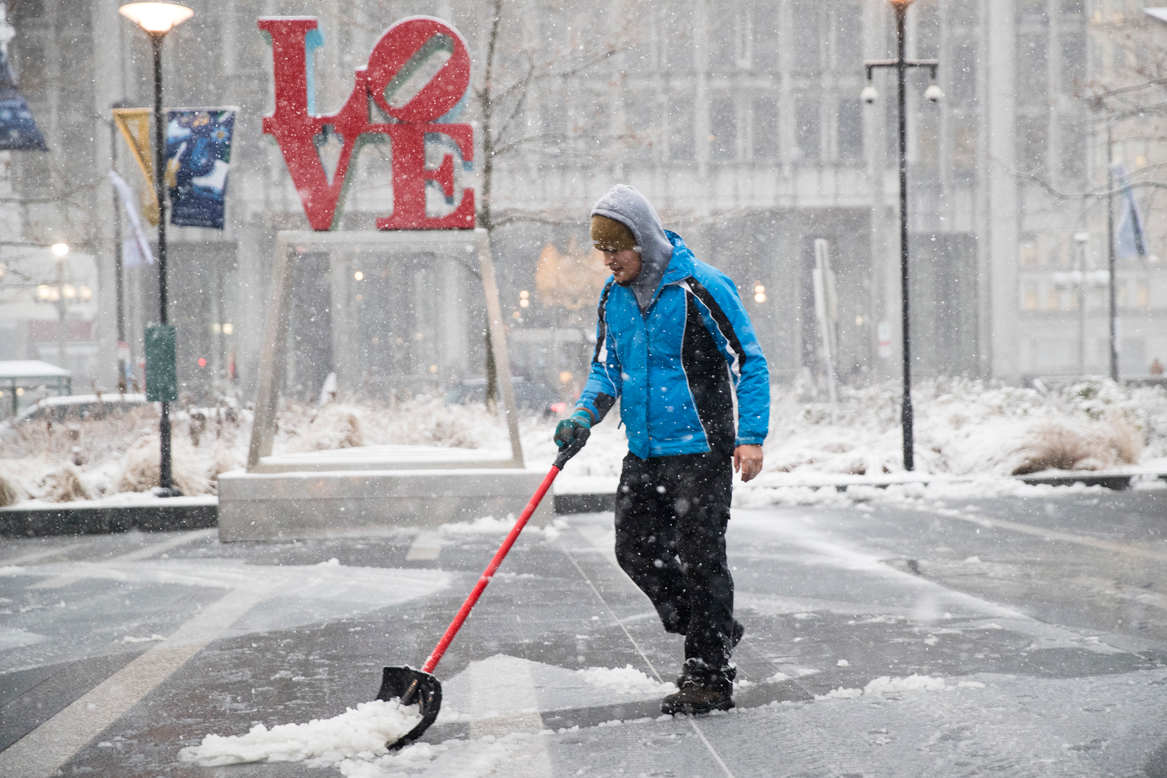
This year's municipal budget was supposed to be the stuff Mayor Jim Kenney -- and city residents -- dreamed about: new money for schools and the city community college, improving energy efficiency, street sweeping, adding a HazMat squad to the fire department.
There also was new money to fight the opioid epidemic and help inmates find jobs after their release.
That was all just last month. Then came the coronavirus.
Now, according to a review of city finances by the Controller's Office, a hole between $350 million and $650 million in lost revenue has thrown all of Kenney's new spending out the window. The upheaval is so great that Kenney scrapped the first budget he presented March 10, and he is proposing another one May 1.
The revenue decline, Controller Rebecca Rhynhart said in her report, is due to an estimated loss in wage and sales taxes because of the coronavirus pandemic.
"While not yet reflected in official statistics, the reality of the impact so far indicates the city is in a recession," Rhynhart said. "As the economy contracts, the City’s tax revenues will decline, particularly those most sensitive to economic conditions, such as wage and sales taxes."
Kenney declined Tuesday to give any preview of what his new budget proposal will look like when he presents it to City Council May 1.
Local
Breaking news and the stories that matter to your neighborhood.
"We’ve been having those discussion wide ranging discussions about the budget and the future and we’ll have something for you on Friday," he said.
This is some of the ways he could either trim the current budget, or increase revenue to fill the nine-figure hole.
Public Employee Layoffs
Furloughs of city workers would immediately reduce costs, since pay, health benefits and pension costs make up a majority of the annual budget. But City Council members (who are the ones who ultimately devise and sign off on the budget) are not prone to cutting their workforce. The four unions that represent the vast majority of public employees exert tremendous sway over elected officials. Still, as an initial volley, the Kenney administration asked all departments to trim 20% of their spending.
Reduce Services Like Garbage Collection, Close Buildings Like Libraries and Firehouses
Kenney undoubtedly learned from his immediate predecessor, Mayor Michael Nutter, how unpopular of a move it is to shutter public spaces like libraries. Nutter, who was in charge when the Great Recession struck in 2008, spent the rest of his time in office publicly apologizing to residents for trying to shut 11 library branches. (That link to a KYW Newsradio story was written in 2015 by Kenney's current deputy communications directory, so the collective memory in City Hall is strong.) Kenney, in fact, was a City Councilman at the time.
Increase Taxes
The 2020-2021 budget that Kenney initially proposed in March called for more spending without raising any taxes, thanks to expected increases in revenue from existing levies like the wage, sales and real estate taxes. A yearslong healthy economy provided money for new initiatives and bigger payments to places like the city school district ($45 million more had been proposed) and things like the battle with opioid addiction ($8 million more). A new budget proposal may now not only wipe away those plans, but also include tax hikes.
Empty Out 'Rainy Day' Accounts & Pray for Help
Some of any projected shortfall for the coming budget could be filled with money already tucked away in case of this type of catastrophe. Fiscal watchdogs told NBC10 last month that the city is equipped with a roughly $348 million budget fund balance, as well as $55 million in a federal stabilization fund and a $35 million "rainy day" fund. Kenney and City Council already moved $85 million from the fund balance to emergency spending on the pandemic. Meanwhile, Kenney and others have consistently said they would ask for financial relief from Pennsylvania and the federal government. Rhynhart told the Inquirer that she believes a combination of rainy day funds, state and federal support and some trims to spending on costs like overtime could spare city workers' jobs.



